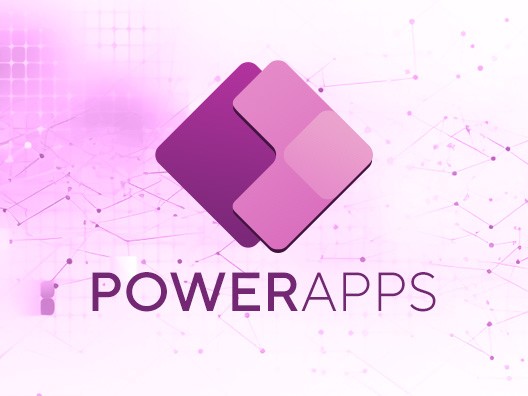In the digital landscape, big data is no longer just the domain of large corporations. You will find that small businesses can also leverage big data to enhance decision-making, improve customer experiences, and compete effectively against larger companies. Here are some ways to explore how small businesses can unlock the power of big data in driving growth and innovation.
First, What is Big Data?
Big data refers to the vast volumes of structured and unstructured data generated every second. This data can provide valuable insights into customer behavior, market trends, and operational efficiencies. For small businesses, harnessing this information can level the playing field against larger competitors.
Key Strategies for Small Businesses
● Customer Insights and Personalization
Small businesses can use big data analytics to gain insights into customer preferences and behavior. By analyzing data from social media, websites, and sales transactions, businesses can identify trends and tailor their offerings. For example, using platforms like Google Analytics allows small businesses to track website traffic and customer interactions, enabling them to create personalized marketing strategies that resonate with their audience.
● Improving Operational Efficiency
Data analytics can help small businesses streamline operations. By analyzing inventory data, for instance, businesses can identify which products are underperforming and adjust their stock accordingly. Tools like Tableau and Microsoft Power BI enable small businesses to visualize data, making it easier to spot inefficiencies and optimize processes.
● Enhanced Marketing Strategies
With big data, small businesses can refine their marketing efforts. By leveraging tools like Facebook Insights and Google Ads, they can analyze the effectiveness of their campaigns in real time. This data-driven approach allows businesses to allocate their marketing budgets more effectively, focusing on channels that yield the highest return on investment.
● Competitive Analysis
Small businesses can use big data to conduct competitive analysis, understanding market dynamics and competitor strategies. Tools like SEMrush and Ahrefs provide insights into competitors’ online presence, helping small businesses identify gaps and opportunities in the market. This information can inform pricing strategies, product development, and marketing tactics.
● Predictive Analytics
Predictive analytics allows small businesses to forecast trends and customer needs based on historical data. By using platforms like IBM Watson or Salesforce Einstein, small businesses can anticipate demand fluctuations and adjust their strategies accordingly. This proactive approach helps in inventory management, staffing, and product development as well.
● Improving Customer Service
Big data can enhance customer service by providing insights into customer interactions and feedback. By analyzing customer support data, businesses can identify common issues and improve their service offerings. Tools like Zendesk and HubSpot can help small businesses monitor customer satisfaction and respond to concerns effectively.
While the potential of big data is immense, small businesses may face challenges such as limited resources and data management skills. However, big data offers small businesses an opportunity to gain a competitive edge in a crowded marketplace. By leveraging big data analytics tools, small businesses can enhance customer experiences, streamline operations, and make informed strategic decisions. As technology continues to evolve, those who embrace big data will be better positioned for success and growth.







